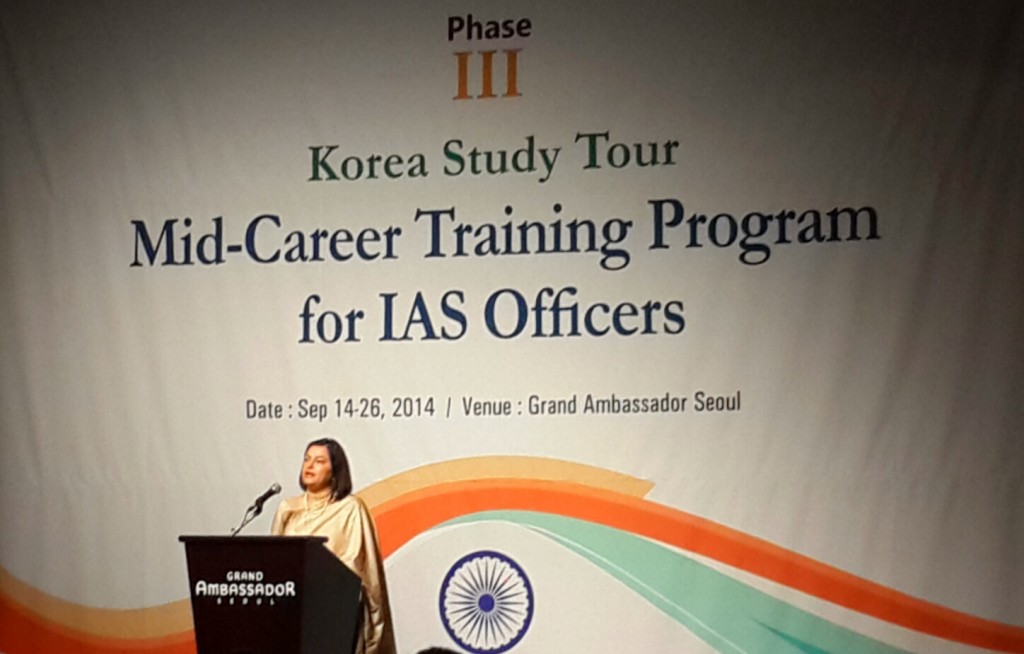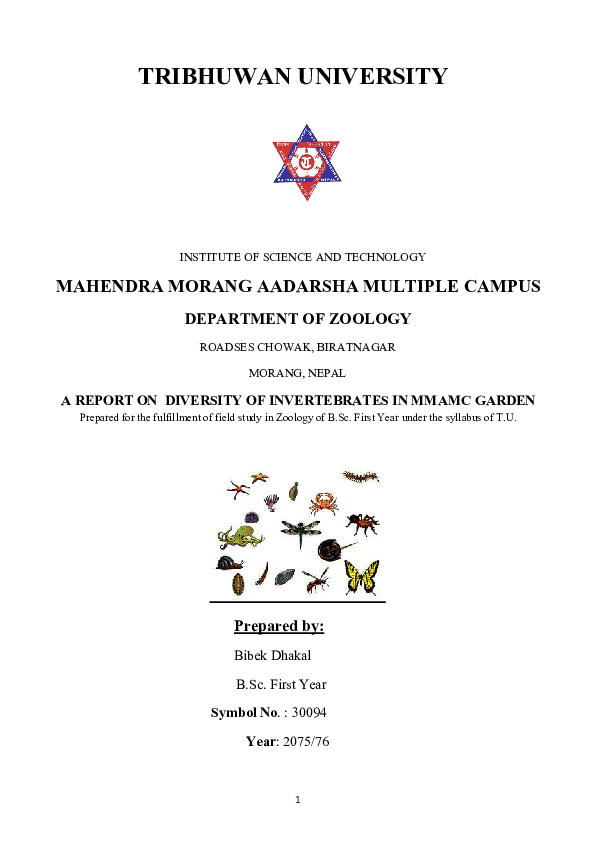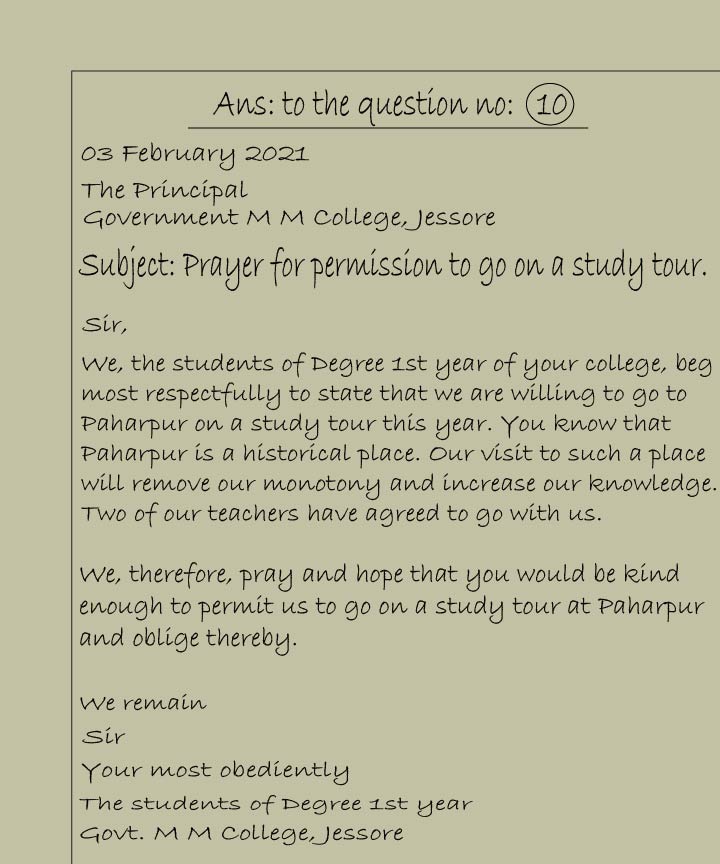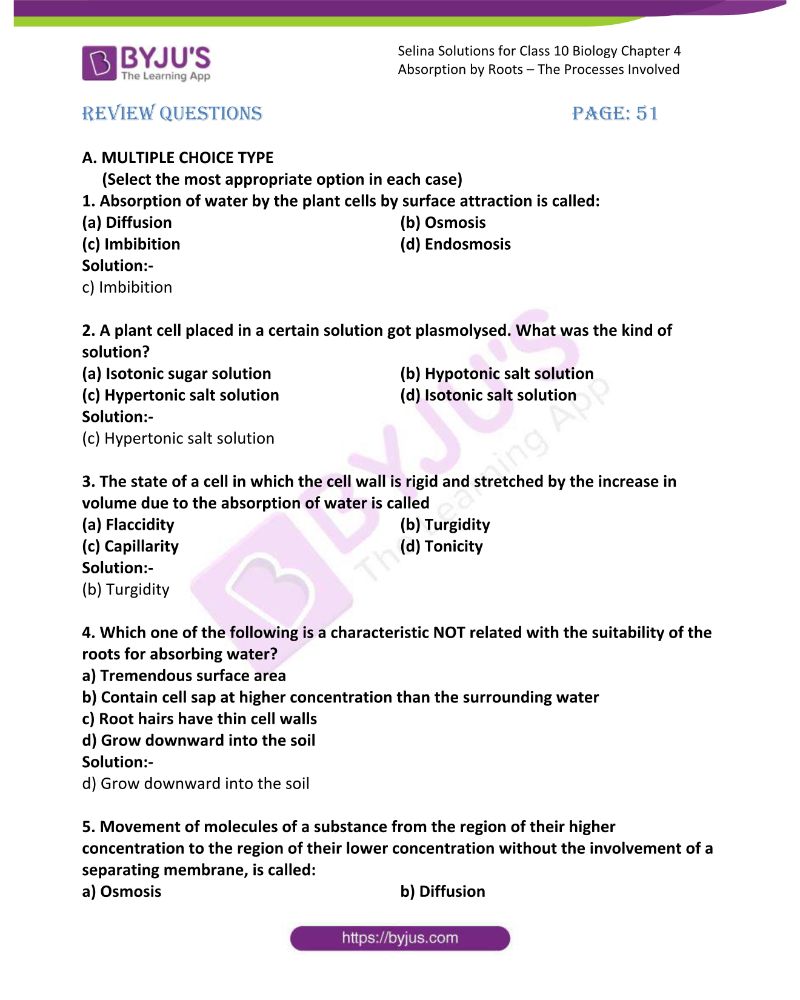What is Foreign Study Tour in IAS?

IAS officers have the option of taking foreign study tours, or vacations. They can study abroad, take a holiday, or even do an academic course. This article provides details about these study tours and their cost. For most officers, the costs are minimal – as low as $25,000 per person for economy class travel – and the benefits are numerous. Here are a few tips to make your trip a success.
IAS officers take study leaves
The government gives study leave to IAS officers. The government provides two years of paid study leave and funds all the expenses. However, officers must take a bond for at least three years of service before they can avail this benefit. Once they return to work, they must not resign for at least three years. However, a bond is still a requirement for IAS officers. For that reason, it is better to opt for an unpaid leave.
IAS officers can take up to two years of study leave and enrol in a graduate programme at an internationally recognized university. In most cases, the government bears their study-leave expenses. Moreover, officers can take study leaves if they have served for seven years. This leave is also beneficial for officers who want to improve their English language skills. Furthermore, the IAS officers have great job security. It is not easy to fire them – there is a thorough investigation and due process of selection.
They can go abroad for a holiday
The IAS training program includes a number of international visits and trainees are given the opportunity to explore these destinations. The IAS training program has also provided officers with the opportunity to visit South Korea, Sri Lanka, and Singapore. During their training, IAS officers are entitled to apply for leave to take these trips. IAS officers earn up to 30 days of leave a year, including eight days of casual leave and 20 days of gazetted holidays. They also receive one day of national holiday every year.
While on foreign study tour, IAS officers can also travel to different parts of the world on vacation. The overseas trips are part of a Central government scheme for the training of officers. The training is meant to upgrade their knowledge and skills. Some officers of allied services have complained about the overseas trips, however. So, how can IAS officers enjoy a holiday while on a foreign study tour?
They can also go abroad for an academic course
While the government offers many benefits to IAS officers, many leave the service for the private sector. These officers will not get the same statutory pension, but they can find great demand in the private sector for their knowledge and experience. The Centre of Excellence program has made it easier for these officers to make a lateral entry to government service. But while IAS officers who leave the government service may not be able to get the best job offers, the private sector is still a good place for them to work.
Taking a study leave or a holiday abroad is one way that IAS officers can get to see different parts of the world. Moreover, there are several ways in which these officers can spend their time abroad. Besides the obvious holiday trips, the IAS can take time for academic study abroad. There are also study leaves that are sponsored by the government, enabling IAS officers to pursue higher education abroad.
They can travel in economy class
The IAS scheme allows officers from the central government to travel abroad for training and study. This is intended to improve knowledge and skills. The overseas trips are often criticized by allied service officers, however. While they may not get to travel in business class, they can travel in economy class. The programme consists of two parts: one part covers training in another country, and the second part focuses on IAS officers themselves.
First class travel for IAS officers is only available to the highest ranking IFS officer. Officers with the additional secretary or joint secretary designation are not restricted from flying first class. However, their travel in business class is restricted to the highest level. Therefore, a senior AIA officer reviewed the issue of first class travel for IAS officers. This was the first time that an officer with the additional secretary or joint secretary rank was not prohibited from traveling business class.







